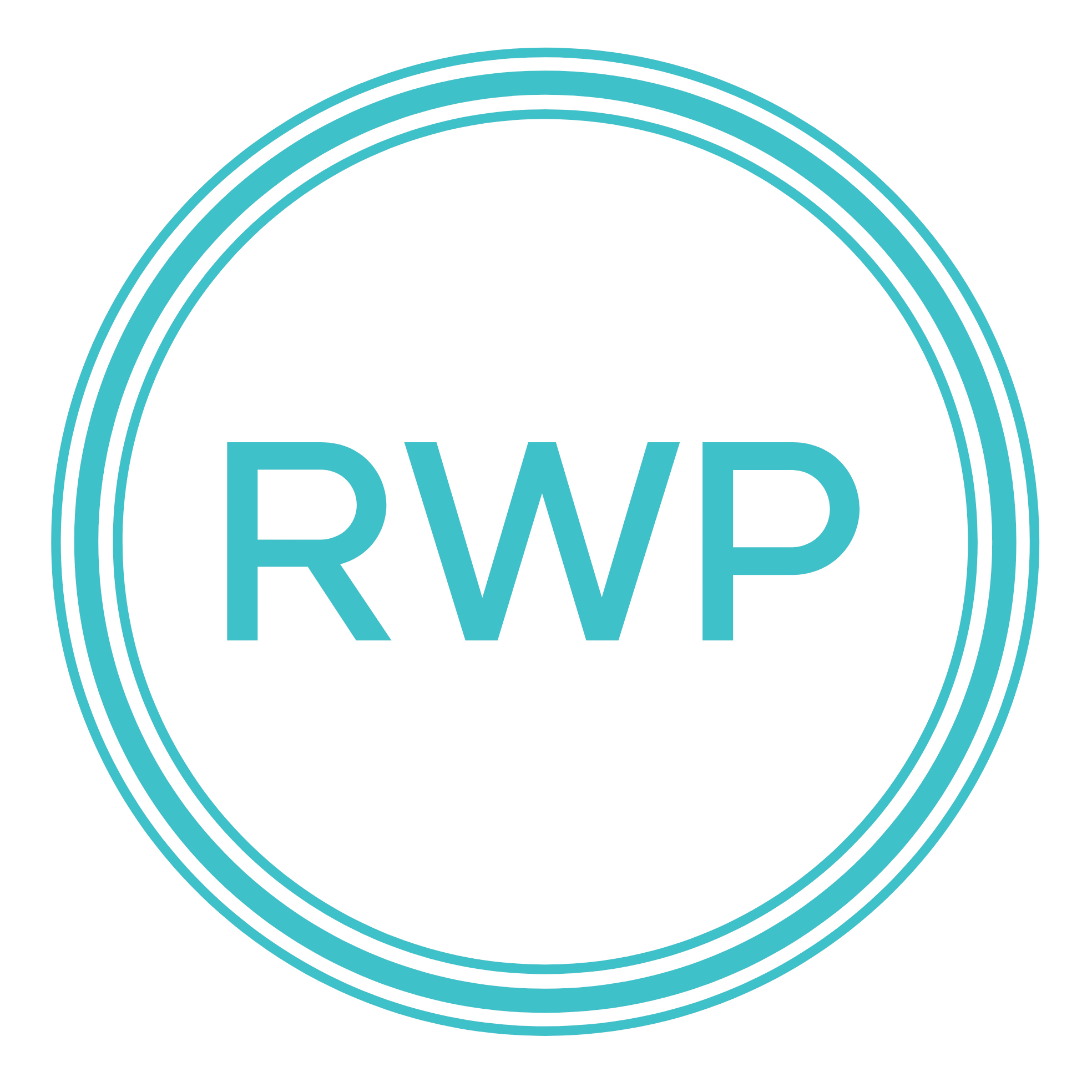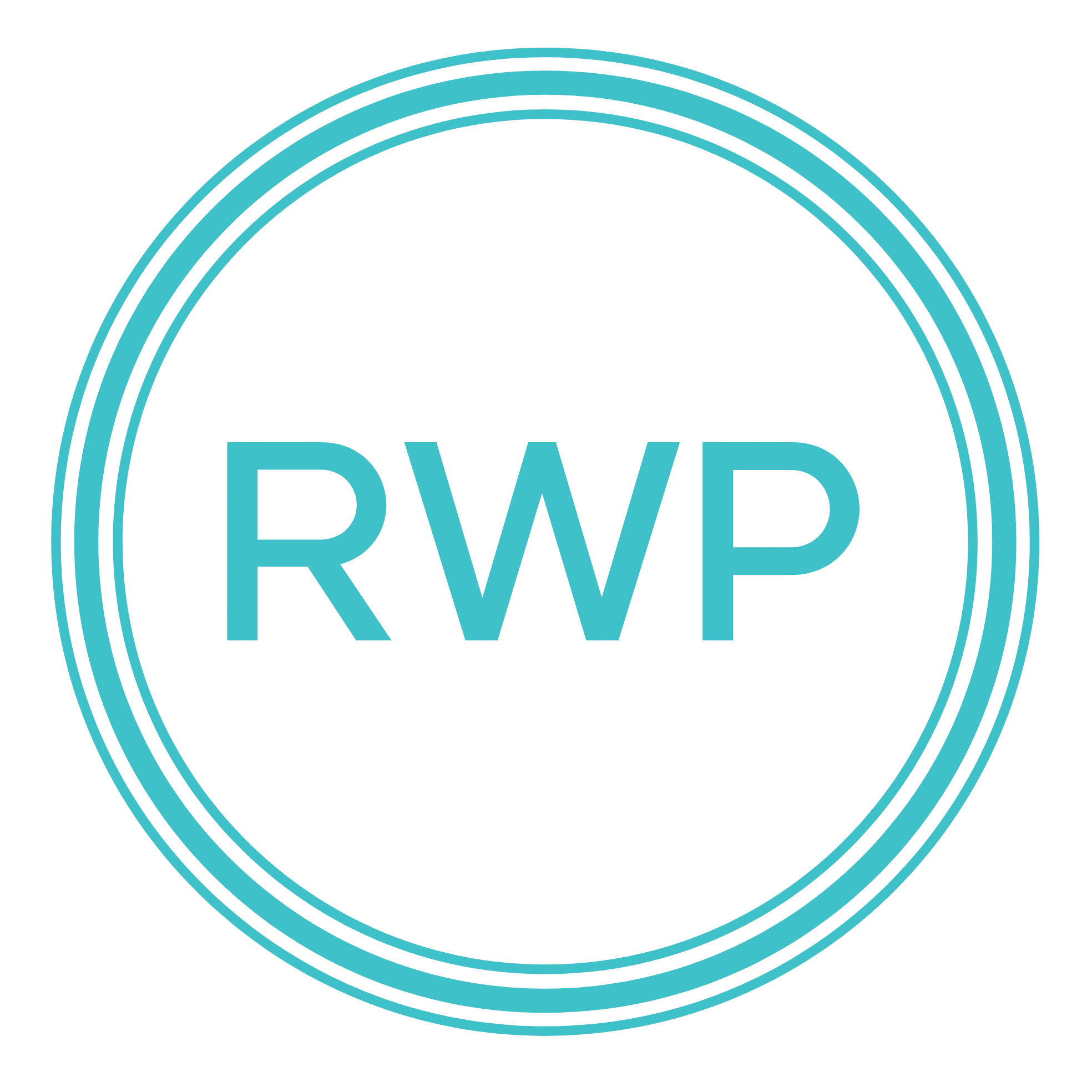Mini Bonus Content: The Real Writing Process of Neil Williamson
A quick five question interview with Neil Williamson recorded at EasterCon in 2022.
Neil can be found on Twitter here: https://twitter.com/neilwilliamson
And all his other links are here: https://linktr.ee/neilwilliamson
You can also support this podcast here: https://ko-fi.com/therealwritingprocess
And you can find more information on our upcoming guests on the following links:
https://twitter.com/Therealwriting1
https://www.instagram.com/realwritingpro
https://www.facebook.com/therealwritingprocesspodcast
Transcript
Hello and welcome to The Real Writing Process.
Speaker:I'm your host, Tom Pepperdine.
Speaker:And this mini interview is with the wonderful writer, musician, and all
Speaker:around top bloke, Neil Williamson.
Speaker:I caught up with Neil at EasterCon in a very busy bar.
Speaker:Furthermore, we were both wearing masks.
Speaker:So as you can imagine, it's been quite a challenge to clear up the sound.
Speaker:But I've done it, because I love you dear listeners.
Speaker:And I like to show off.
Speaker:Here are my five questions with Neil Williamson.
Speaker:Neil Williamson, we're here on the Sunday of EasterCon.
Speaker:I have five questions for you.
Speaker:Uh, the first one, when you write, do you write best in a fixed location or
Speaker:do you prefer to write wherever you can?
Speaker:Wherever I can, as long as it's not at home.
Speaker:Okay.
Speaker:Which during lockdown was a problem.
Speaker:Um, as soon as I was able to get out, back to writing in cafes
Speaker:again, that's when my writing picked up again during the COVID times.
Speaker:So.
Speaker:So is that you've got kids and sort of lots of family?
Speaker:I just, I just, my brain won't settle at home for writing purposes.
Speaker:I can go to the cafe across the road, which had to close down during
Speaker:COVID, which is really annoying.
Speaker:There was a coffee across the road.
Speaker:I could go there and immediately switch into writing mode.
Speaker:Okay.
Speaker:Yeah.
Speaker:Oh, nice.
Speaker:Well, I'm glad that you can do that.
Speaker:Would you describe yourself as a planner or a pantser?
Speaker:I don't think anyone's truly one or the other.
Speaker:I think we're all a little bit of those things.
Speaker:So what I tend to do is have an idea, outline a little bit,
Speaker:just enough to get it going.
Speaker:Write a bit.
Speaker:Redo the outline a little bit.
Speaker:Write a little bit more and just kind of iterate all the way to the end.
Speaker:Okay.
Speaker:Do you like using a word counts as targets or are they like just a source of anxiety
Speaker:and you don't try and do that at all?
Speaker:I actually quite, quite like it.
Speaker:Well, if I've a long project.
Speaker:I quite like it.
Speaker:I think they're useful too.
Speaker:I don't make myself hit them.
Speaker:I find it useful to say well, need to a bit more.
Speaker:And when you're looking at your outline, is it that you're writing to say like
Speaker:10,000 words and then you review, is that, do you have it like that structured?
Speaker:Or is it just more, I feel like I'm getting to a point where I
Speaker:might need to just check back?
Speaker:Yeah.
Speaker:So what happens with my novels, certainly, is the ideas are
Speaker:kind of world-building ideas.
Speaker:I don't plan the world beforehand.
Speaker:But sometimes I realize I've, I've come up with a thing that's
Speaker:going to change everything that's gone before in a little way.
Speaker:And I have to go through and just sort of filter that through and just another
Speaker:layer layer of mulch on the garden.
Speaker:Yes.
Speaker:So you keep laying and laying down more mulch and eventually you get
Speaker:something sort of deep and rich.
Speaker:Yeah.
Speaker:Uh it's actually, um, do you know Jen William?
Speaker:Uh, so she says about composting, uh, ideas and that yeah, you just
Speaker:have to throw a load of junk on it and there's let it, like you say
Speaker:mulch and just become fertile soil.
Speaker:So yeah, it's, it's a metaphor that I like.
Speaker:I feel that each writer learns and develops with every story that they write.
Speaker:Can you think of anything on the last story that you finished and in that
Speaker:editing and in that writing of completing that story, that you learned something
Speaker:about your writing and that you're now applying to your latest story?
Speaker:It's a difficult question.
Speaker:I always think I'm learning.
Speaker:I've been doing this 20 something years.
Speaker:I still think there's something, there's always something to learn.
Speaker:The last thing I finished was a short story.
Speaker:Which had a really odd organic structure that I wasn't, I didn't, I didn't plan
Speaker:at all, and I think the thing that I learned from that is that's something
Speaker:I think I can trust myself to do.
Speaker:Nice.
Speaker:So yeah, I might do that more often.
Speaker:Yeah.
Speaker:Yeah, no, absolutely.
Speaker:Is that gaining confidence with it.
Speaker:You know, sort of just doing something out of your comfort zone.
Speaker:That's good.
Speaker:And my last question, is there one piece of writing advice that you've
Speaker:either been told or read um, that you feel really applies to your writing,
Speaker:that really has helped you as a writer?
Speaker:Yeah, the one thing that I try to do that someone told me many years ago
Speaker:was at least try and finish, to a draft stage at least, everything you start.
Speaker:Yes.
Speaker:Because it's too easy to give up on things when there, you hit
Speaker:a little bit stumbling block.
Speaker:And it's too easy to go, oh it's not working now.
Speaker:I don't know where to go with it.
Speaker:Push through, get to the end and then look at it.
Speaker:And you might still want to junk it or put it away.
Speaker:Yeah.
Speaker:But at least you got a finished story you can edit at that point.
Speaker:No, absolutely.
Speaker:And Neil Williamson, thank you very much.
Speaker:You're welcome.
Speaker:Thank you Tom.
Speaker:And those were my five questions about Neil's writing process.
Speaker:Would you like a longer interview with Neil?
Speaker:Me too.
Speaker:We'll get there, dear listeners, we'll get there.
Speaker:In the meantime, I need to get back to editing the full interviews
Speaker:that I really should be releasing.
Speaker:And to all those writers I've met recently and are keen to be on the show.
Speaker:I have an outro song for you.


